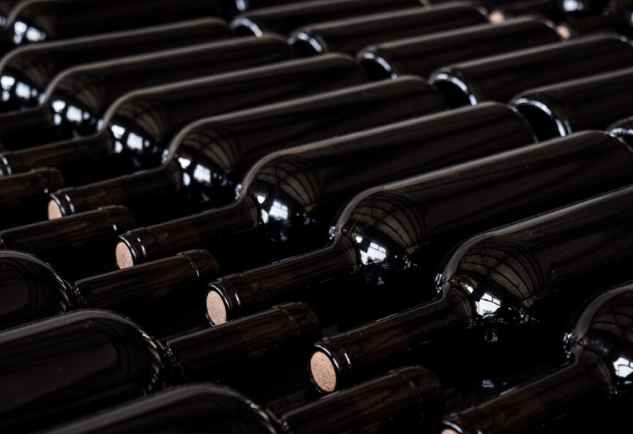how should i store my wine?

In order to get best out of any wine – fine wine or ready-to-drink-now wine – it is important that wine is stored correctly. There are many rules, however following some general points will mean bottles are always in a great condition when they get opened.
• Be aware of temperature and humidity
Wines prefer cool and consistent temperatures between 10°C and 15°C, but never below -4°C and never above 20°C. They should be avoided for proximity to radiators, ovens or anywhere with excessive temperature fluctuations such as Kitchen.
Extended period of refrigeration can cause corks to harden, or inconsistent temperature can cause corks to expand and contract, or lower humidity level can cause corks to dry out, and let air come in contact with the wine in these scenarios.
Wine fridge keeps wine temperature between 10°C and 15°C and humidity at proper level between 60 and 68%, whilst a regular fridge keeps wine very cold and dry.
• Protect from sunlight and vibration
Wines should be kept away from strong light. If they can be stored in complete darkness then that’s a bonus.
UV rays from natural sunlight or artificial light, a form of higher radiant energy between x-ray and visible light, will heat the wine and it will become stale and old before its time. Artificial lights are found to cause unpleasant flavours and aromas in some wines.
Vibrations not only disturb sediments in the bottle, disrupting the delicate process that causes wines to age favourably, but also transfer kinetic energy in the bottle triggering a complex chemical chain reaction which eventually leads to loss of flavour and aromatics and increase in sweetness. Wines should be kept away from sources of vibration, such as washer and dryer, exercise area, or stereo system.
• Lay down wine bottles horizontally
Wine with cork closure should be laid down on its side so the wine is in contact with the cork. If cork dries out it can let in air, and the air will oxidise the wine.
Wines that are sealed with screw cap can be stored standing up without any risk. However, with modern screwcap closures like Stelvin, there could be some benefits of storing screw capped bottles on their sides in order to have a good exchange between wine and the air through the seal.
• Keep track of Time
All wines are not meant to be stored for long duration. In fact, most wines are made to be enjoyed immediately and are unlikely to improve over time. They can get worse despite the best storage conditions.
Unless fine wine, as a rule of thumb, most white wines should not be stored for no more than 16 months and red wines for no more than 24 months.
Once opened, a wine bottle cannot last more than a week irrespective of excellent storage conditions. Previous article “Life Of A Wine Once Opened” discusses this topic in some details.
Interested in understanding physics and chemistry of wine?




